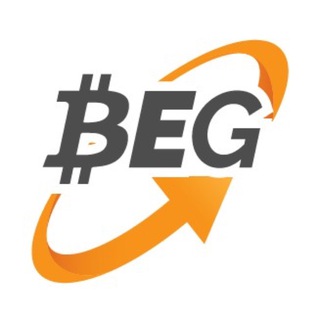Weeks after European Central Bank (ECB) boss Christine Lagarde mentioned the bank's intentions to conduct a public forum; the ECB has released its findings.
Privacy Is Uppermost On Europeans’ Minds
The
press release made on April 14 was able to highlight some of the key requirements of a central bank digital currency (CBDC).
The public consultation, which began in October 2020 and ended on January 12, 2021, received a record number of responses. According to the ECB, 8,200 responses were filed with private citizens and professionals participating in the exercise.
The report noted that private individuals accounted for 94%. The remaining were made of professionals, including banks, payments service providers, and merchants.
The country with the most participants was Germany (47%), followed by Italy (15%) and France (11%).
The majority of the participants highlighted privacy as a major feature they would like to have on the upcoming digital euro. 43% of respondents called for this. This was followed by security at 18%, the ability to make payments in EU member states was 11%, and with no additional costs at 9%. Offline usability took the rear, with 8% of respondents asking for this.
According to the ECB Executive Board member Fabio Panetta, a digital euro will only be successful if it meets the needs of Europeans. Panetta assured all participants that the public consultation would serve as a guideline for the digital euros exploration.
CBDCs Tools For Government Surveillance
In a previous conversation, ECB boss Christine Lagarde had revealed that the process from adoption to the launch of a digital Euro
could take up to four years.
CBDCs are a hot topic following the recent surge in private cryptocurrencies' prices. With many countries clamping down on crypto assets, some national banks actively explore the potential of a state-sanctioned digital currency to combat the extinction of fiat.
The People’s Bank of China (PBoC) has become a major force in the CBDC race after
launching pilot tests in several Chinese cities. Other national banks like the Swiss Riksbank are also considering a digital krona
called the e-krona.
Despite what many consider a necessity
to combat volatility associated with cryptocurrencies, critics of CBDCs have said that they are just tools for more government surveillance. This has led to some countries like the US stalling in their CBDC program until they have a solution for users' privacy concerns.
 bitcoinexchangeguide.com
15 April 2021 12:20, UTC
bitcoinexchangeguide.com
15 April 2021 12:20, UTC